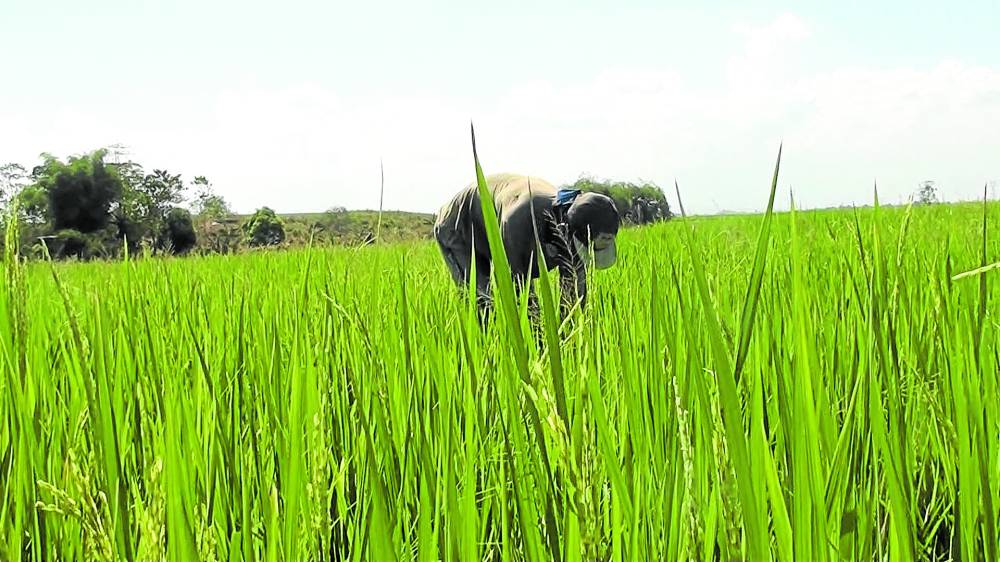
—File photo by VILLAMOR VISAYA JR. | Inquirer Northern Luzon
MANILA, Philippines — The proposed Investors Lease Act, if approved, would only undermine land lease policies as it disproportionately benefits foreign investors while sidelining Filipino landowners—especially smallholders and indigenous communities, an advocacy group warned on Friday.
In a statement, the Legal Rights and Natural Resources Center (LRC) said that the restrictions on ownership the bill itself wants to lift were meant to ”uphold national patrimony and correct the injustices of land disposition.”
The group also accused the Senate of approving the bill “seemingly under the radar.”
“The appalling liberalization of the policy on lease of lands by foreign investors turns on its head our long-time efforts for greater economic independence and sovereignty,” said Atty. Ryan Roset, a Senior Legal Fellow of LRC.
“The proposed legislation, which was only filed 4 months ago and fast-tracked for approval—seemingly done under the radar, and is presently contained in Senate Bill No. 2717 and House Bill No. 10755, loosens Philippine land lease policies by extending the period of lease of land to foreign entities to 99 years,” he further explained.
According to Roset, the proposed act “circumvents” the 1987 Constitution’s prohibition on land transfers, which applies not only to the sale of land to foreigners but also to leases that effectively transfer substantially all rights of dominion.
“In this regard, the appalling 99-year lease period practically transfers the rights of dominion over the national patrimony to foreign entities since it would practically handcuff Filipinos to the terms of the long-term leases,” Roset said.
‘Amplifying inequalities’
Meanwhile, the LRC warned that the Investors Lease Act would let foreign investors maximize and benefit from property value increases for 99 years.
Filipino lessors remain restricted to the original lease terms—terms that cannot be modified or canceled except through formal legal proceedings.
Hence, the LRC noted that such shifts in policy will put smallholders and indigenous cultural communities who have yet to receive their Certificates of Ancestral Domain Title in even worse situations as their land would be targeted and used for foreign investment projects.
“Against the backdrop of worsening climate change, our lands and forests have become more important and increasingly an endangered resource. The proposed Investors Lease Act, however, will accelerate the transformation to large-scale agribusinesses owned by wealthy transnational and multinational corporations, while gradually turning many smallholders into landless or nearly landless informal wage workers,” Roset said.
“Rather than elevating the plight of the poor and marginalized, this policy direction would only reinforce and amplify existing inequalities, especially among indigenous communities, who continue to seek proper recognition of their ancestral domains, despite the submission of requirements,” he added.
The group then noted, citing its recently published 2024 Report on the State of Indigenous People’s Address, that only one in every four ancestral domains have been fully approved, while 78 percent are still pending.
This, the LRC said, is “worrisome,” especially with the passage of the Investors Lease Act by the Senate and House of Representatives.